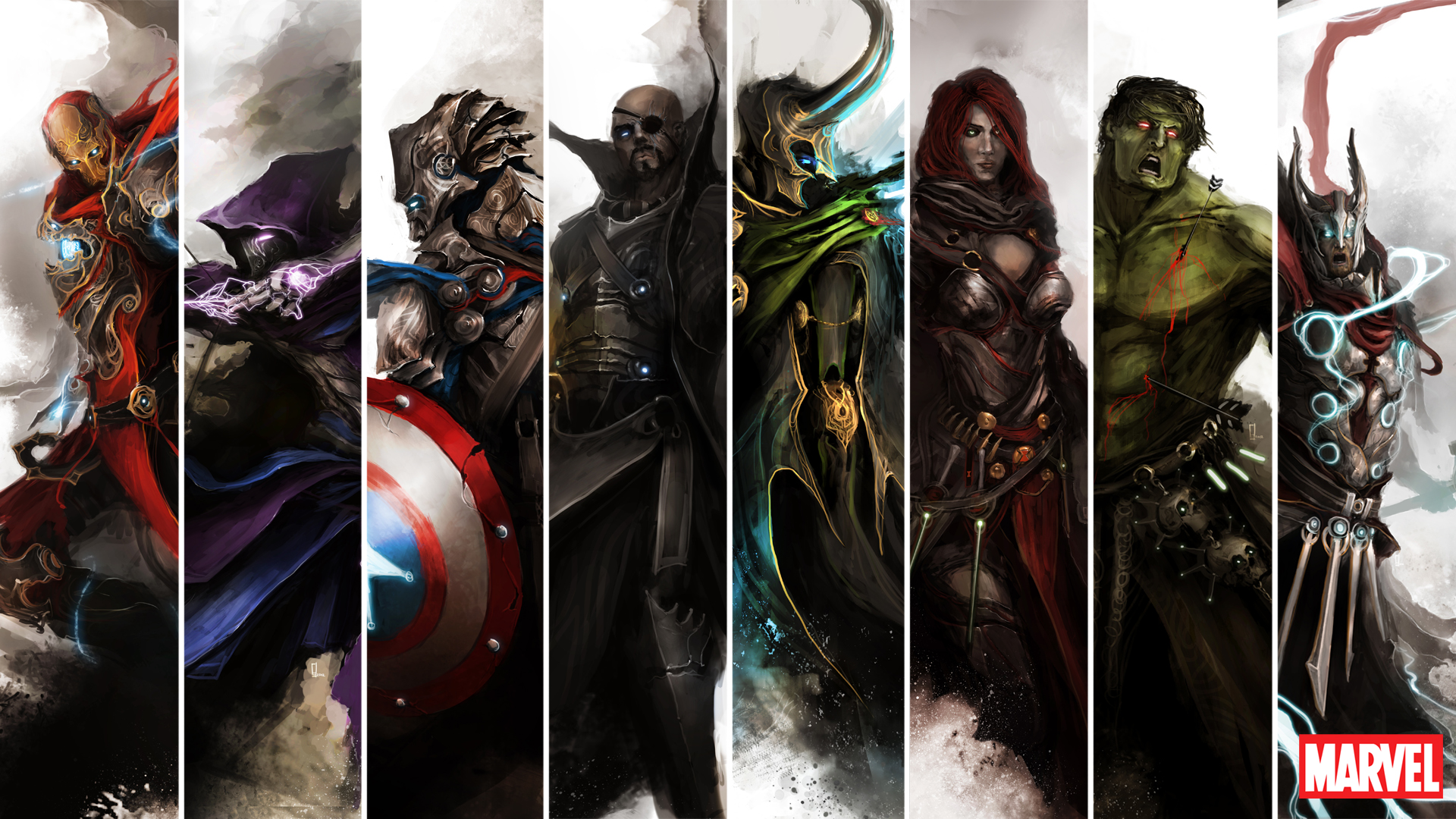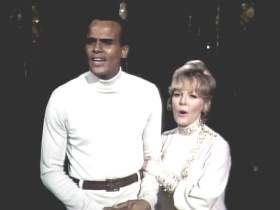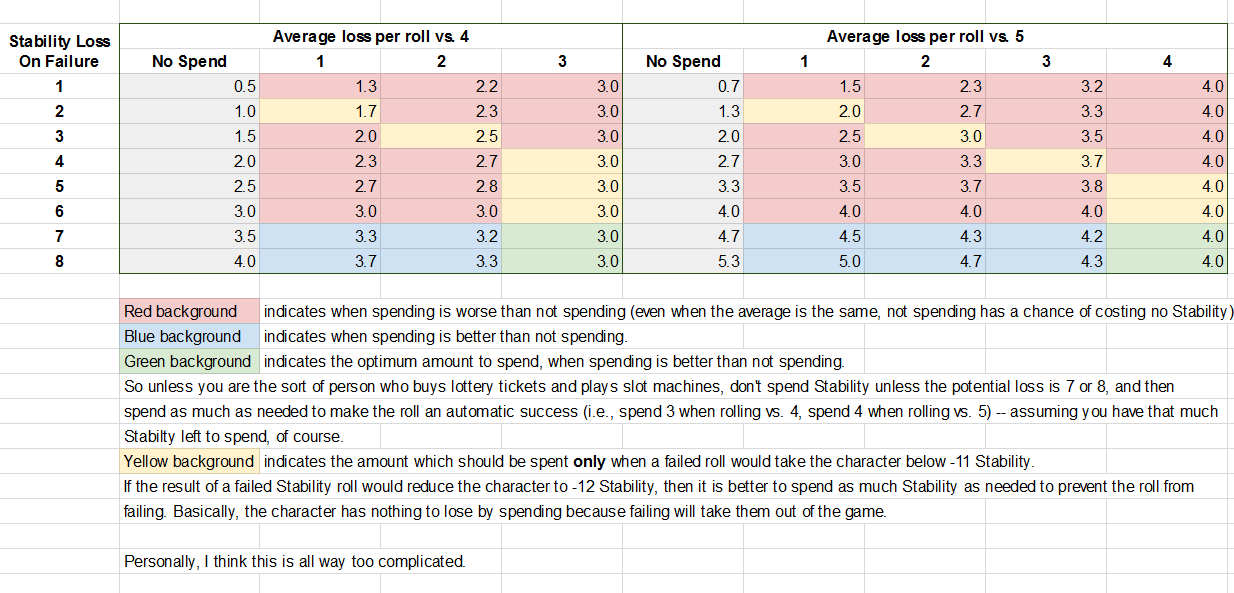Three years ago today, the cat finally escaped the bag: my “halfling” rogue character got outed as a human! I got to use every dodge and half-truth I had thought of before the whole truth finally came out. I had a lot of fun, and the other PCs were gobsmacked that Shadow the fifty-ish male halfling had been a tween-age female human the whole time I had been playing “him” (about a year and a half)….

We were in the very first town in the entire history of the campaign that had even a single halfling in residence. The dwarf barbarian, Elifonsah, who had been suspicious of my character for a while for reasons he could not quite articulate (other than Shadow (my character) “seemed to be hiding something” — which is true), could not help but notice that Shadow (at 4′ 6″) was a good foot and a half taller than any halflings we see.
Shadow: “I’m tall. So? Focus on the mission.”
Elifonsah: “You’re a giant. You’re practically as tall as I am.”
Shadow: “It was that boon that the celestial gave us. I told you it made me taller.” (In fact, the boon did increase Shadow’s Strength by 2, to 12. Each of the party members got a +2 to a random stat. Elifonsah got +2 Intelligence.)
Elifonsah: “Uh huh.”
Later, when we split up to gather information about the mystery that brought us to this town, Elifonsah took this as an opportunity to find and question the local halflings on how one could tell a halfling from a non-halfling, other than by height. He learned that halflings (in this game) have somewhat elongated heads (when compared to humans), and slightly pointed ears. Shadow, of course, wears a hood almost 24 hours a day.
When the group met up again, Elifonsah grabbed Shadow’s hood and pulled it back, revealing a ponytail of hair on a human-shaped head that had round, human-like ears.
Elifonsah: “Ah, ha!” he shouted triumphantly. “YOU ARE NO HALFLING!”
Shadow: (shrug) “Yeah, and? I never said I was a halfling. What are you even talking about?”
Elifonsah: (blinks) “… Wait. What? No! You said… I am sure we… ”
Elifonsah: (to Coenrad, the human sorcerer) “We knew he was a halfling, right? He TOLD us he was a halfling, right?”
Coenred: (puzzled) “Well, I thought he was a halfling… I.. thought he said that. Didn’t he say that?”
Elifonsah: (to Shadow) “You said you were a halfling!”
Shadow: (calmly ) “No, I didn’t. Why would I say that? Have you been drinking?” (It is well known that Elifonsah is a drunk.)
Elifonsah: “No! Yes! That doesn’t matter! You’re not a halfling!”
Shadow: “Let’s say I’m not a halfling. So what? What difference does it make?”
Elifonsah: “Then what are you!”
Shadow: (indignant) “What am I? What are you?”
Elifonsah: “What am I? I’m a dwarf!”
Shadow: (satisfied) “Well okay then.”
Elifonsah: “What? No! What are you!”
Shadow: (indignant) “What am I? What are you?”
Elifonsah: “What am I? I’m a dwarf!”
Shadow: (satisfied) “Well okay then.”
Elifonsah: “STOP THAT!”
Shadow: “Stop what?”
Elifonsah: “You’re messing with my head!”
Shadow: “I really don’t think so.”
Elifonsah: (to Coenred) “He’s trying to confuse us!”
Coenred: “I think it’s working.”
Elifonsah: (to Shadow) “You’re no halfling. I want to know what you are.”
Shadow: (exasperated sigh) “What if I was a half-halfling? A — what would that be? Quarterling? — What if I was a quarterling? Would it matter?”
Elifonsah: “I’ve never heard of a half-halfling!”
Shadow: “Delgoro is a half-orc. Leannan is a half-elf. Why not a half-halfling?”
Elifonsah: (to Coenred) “Are there half-halflings? Is that a thing?”
Coenred: “I, uh… I really don’t know. I’ve never met one.”
Shadow: “You never met a halfling before you met me, either.”
Elifonsah: “YOU ARE NO HALFLING!”
Shadow: “I never said I was. I just said you hadn’t met one.”
Elifonsah: (to Shadow’s best friend Nigel, the human cleric in his fifties, who joined the group with Shadow a year and a half ago) “Did he say he was a halfling, or not?”
Nigel: “I’m… not… sure.”
Elifonsah: (to Shadow) “I want to know what you are. How can we trust you? You’re keeping secrets!”
Shadow: “Oh, you don’t have secrets? Really?”
Elifonsah: “That’s not the point! You’ve been lying to us!”
Shadow: (offended) “I have never lied to you.” (This is a lie.)
Elifonsah: “I want to know what you are, right now.”
Shadow: (pulls down face mask, which normally covers Shadow’s face from the nose on down) “Fine: I’m a human, okay? But I am the same person I was yesterday. I am just as good at stabbing people now as I was before.”
Elifonsah: “You’ve been lying to us! How can we trust you!”
Shadow: “Pfft. I could have killed you a dozen times over if I wanted to.”
Elifonsah: “Aha!”
Shadow: “‘Aha’ what? I didn’t!”
Elifonsah: “You are sneaky!”
Shadow: “That’s my job! I go into danger first and then come back and tell you about it! I keep you safe!”
Coenred: “That is his job. He’s the scout.”
Elifonsah: “Nigel, did you know about this?”
Nigel: “Well, yeah.”
Elifonsah: “For how long?”
Nigel: “Always, ever since I met her.”
Elifonsah: (indignant) “Always!”
Elifonsah: (shocked) “WAIT, WHAT!?!”
Elifonsah: (to Shadow) “WHAT ARE YOU!?!?!?!”
Shadow: “I already said I was human.”
Elifonsah: “And female?”
Shadow: “Yeah, duh. (pulls sword) Do you have a problem with that? Because if you do, I will cut you into tiny pieces.”
Elifonsah: (to Coenred) “SEE? SEE? He… she…. she’s threatening me!”
Shadow: “Why do you even care? I do my job. I am just as good at stabbing people now as I was this morning. What difference does it make??”
Elifonsah: “You’ve been keeping secrets! How do we know you don’t have other secrets? How do we know we can trust you?”
Shadow: “I saved Coenred. I helped save Leannan. I’ve fought with you since I was this tall.” (holding up hand to her chin) “What else do you want?”
Elifonsah: (still skeptical) “I guess that makes sense.”
Shadow: “Good. Now can we get on with the mission?”
Elifonsah: “Wait. If you’re human, how old are you? You’re really small for a human.”
Shadow: (shrugs) “I dunno. Why does that matter?” (Shadow is 12, but she does not know that, or even what her birthday is. And she’s small even for a 12-year-old.)
Elifonsah: “Huh.”
Shadow: “Are we good now? Can we get on with the mission?”
Elifonsah: (sullen) “Yeah. I guess. (pause) I need a drink.”
I am leaving out some stuff where Efilonsah was asking Nigel about how he and Shadow met. Short version: Shadow was an 8 year old street orphan, Nigel was bleeding to death, and Shadow dragged Nigel to a temple. They’d been together ever since.
![[x]](/images/sigil_md.jpg) Blackmoor Vituperative
Blackmoor Vituperative





